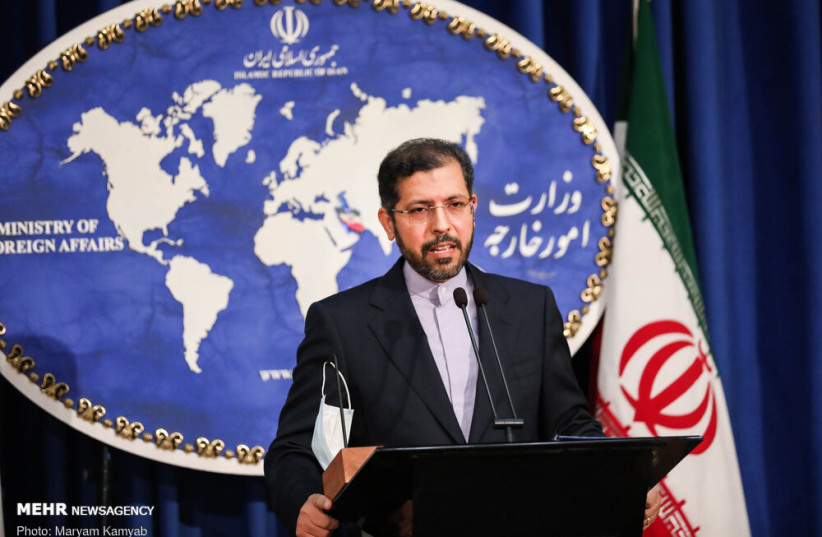The United States is responsible for the pause in talks between Tehran and world powers in Vienna aimed at reviving their 2015 nuclear deal, an Iranian foreign ministry spokesperson said on Monday.
"America is responsible for the halt of these talks ... a deal is very much within reach," Saeed told a weekly news conference.
"Washington should make the political decision for the deal's revival," he said, adding that Tehran would "not wait forever."
The US State Department said on Thursday that a small number of outstanding issues remain in the nuclear talks, adding that the onus was on Tehran to make those decisions.
Iran has said that there are still outstanding issues, including Washington removing a foreign terrorist organization (FTO) designation against Iran's Islamic Revolutionary Guard Corps (IRGC).

Also, Tehran has been pushing for guarantees that any future U.S. president would not withdraw from the agreement. The extent to which sanctions would be rolled back is another unresolved issue.
Khatibzadeh also said Tehran was ready to resume talks with its key regional rival, Saudi Arabia if Riyadh showed willingness to resolve outstanding bilateral issues.
A Russian demand forced world powers to pause nuclear negotiations in early March, But Moscow later said it had written guarantees that its trade with Iran would not be affected by Ukraine-related sanctions, suggesting Moscow could allow a revival of the tattered pact to go forward.
